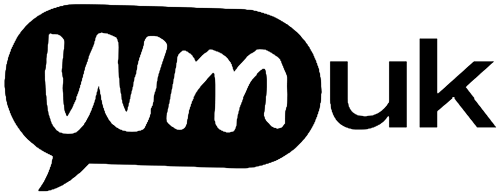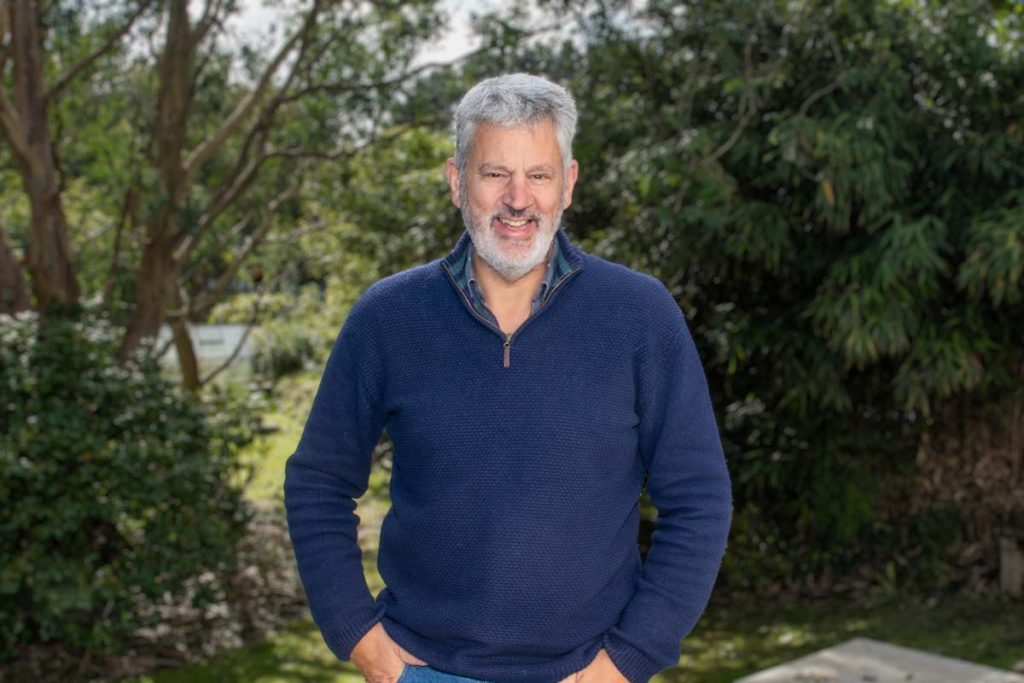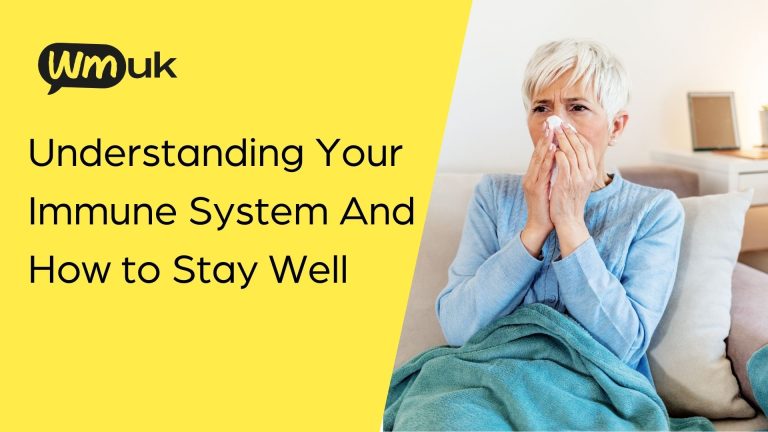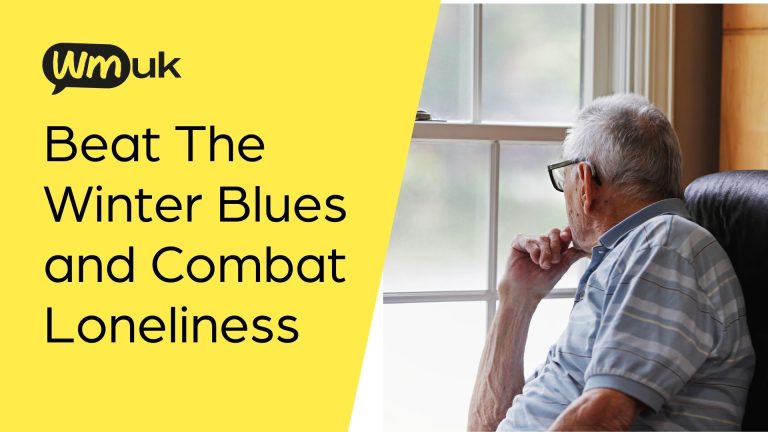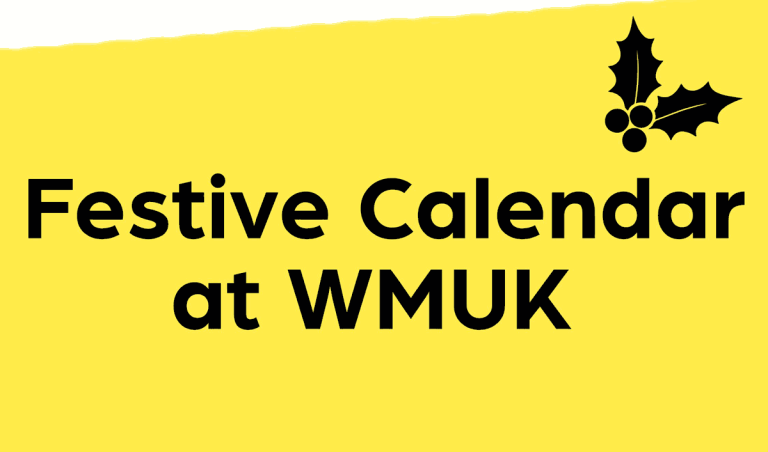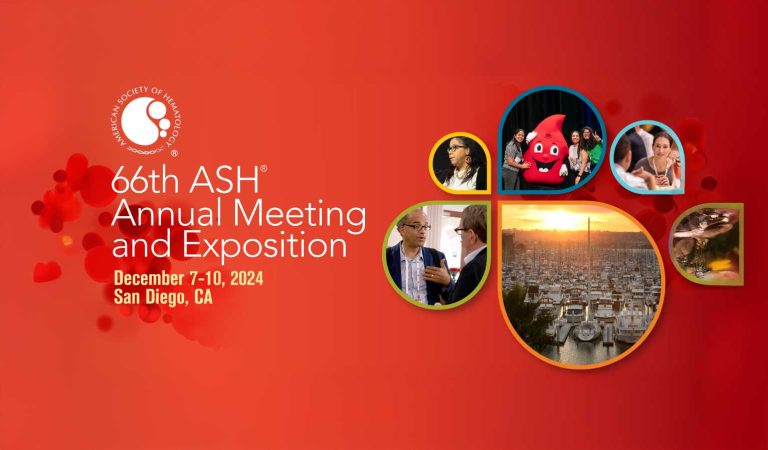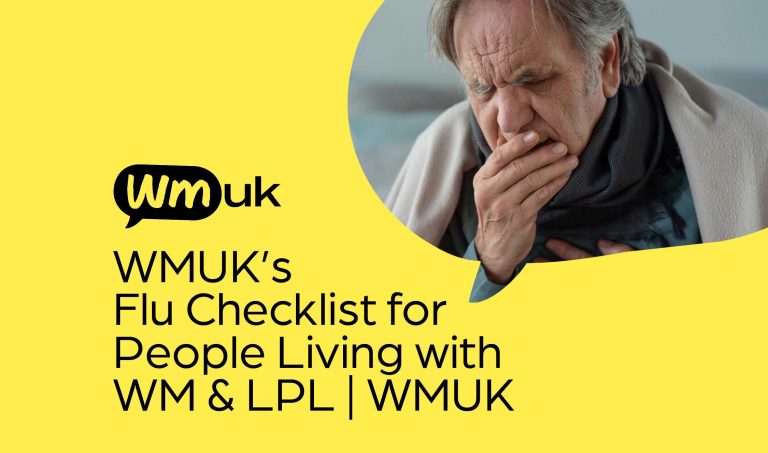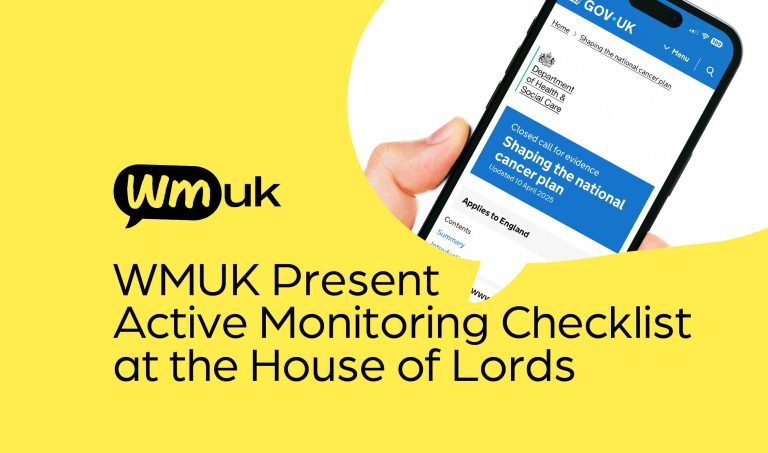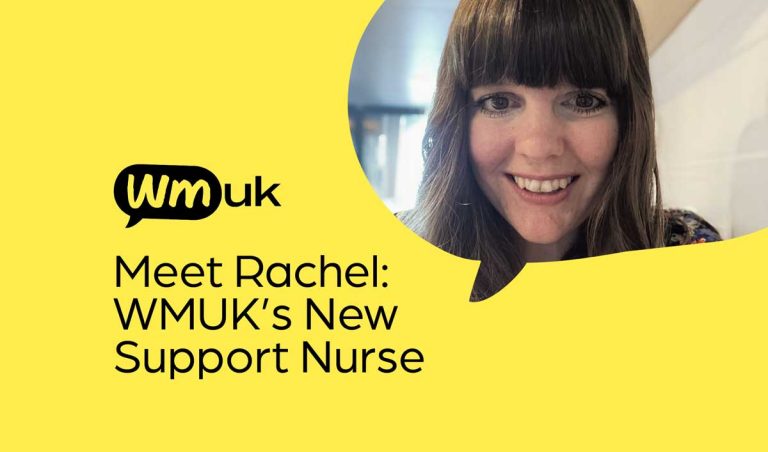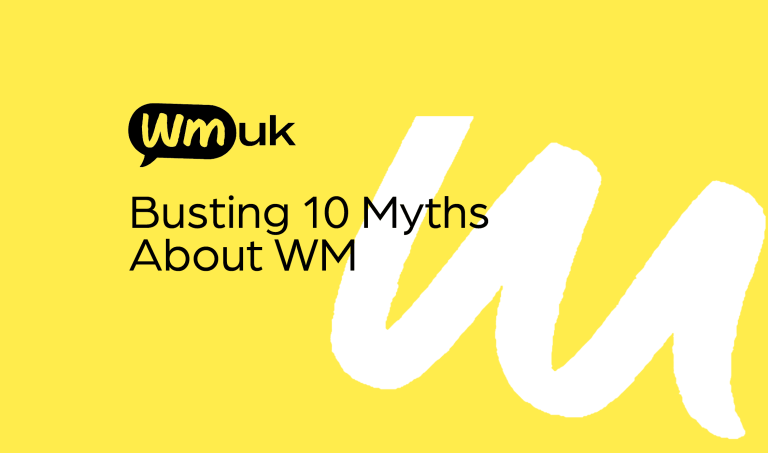As part of Volunteers Week, we spoke with Kevin, one of WMUK’s volunteer buddies. He shares his journey with Waldenstrom’s macroglobulinemia (WM), his motivation for becoming a buddy, and why he believes this simple act of connection can make a profound difference.
Q: Tells us about your WM journey?
A: It all started back in October 2015. I went to my doctor with what I suspected was anaemia. Within 24 hours, I was in hospital. By early November, having gone into the haematology department at Truro, I was diagnosed with Waldenstrom’s.
Initially, I was on DRC (dexamethasone, rituximab, and cyclophosphamide), which didn’t go well, but I completed the six cycles. I later relapsed in 2019 and started on ibrutinib, which worked for a while until side effects crept in. After a stint on zanubrutinib, I joined a clinical trial for a new drug, NX-5948. I’m currently doing well and being monitored monthly.
Q: What inspired you to become a WM buddy?
A: Our daughter is paraplegic and went through spinal rehab, during which she was supported by the charity Backup. The idea of Backup was to do exactly that—get people, you know, up and going again.
I decided to throw myself into the family mentoring organisation because we’d already built up a lot of experience with regard to coping, understanding spinal cord injury, and what happens to a family when someone undergoes that kind of trauma.
When I was diagnosed with WM, it struck me that I now had another lived experience that might help someone else. I didn’t want to let that experience just sit unused.
Q: Why is a Buddy Service important?
A: About a year after I was diagnosed, I was still playing cricket, still working, and a lot of people had no idea that I had this incurable blood cancer. Most people think you take some fancy pills and you’ll be right as rain—but it’s not necessarily so.
It’s more of a mental thing than anything, because physically, you look fine. Explaining that to someone—if they’re bothered to ask—is quite cathartic. There’s no one who really understands it. No one gets it. And the only way someone will get it is by talking to another person who has it.
Q: What makes a good buddy?
A: You’re not solving problems—you’re more of a problem listener. You’re offering a space where someone can speak freely, maybe for the first time, to someone who truly “gets it.”
All you need to know is a route map. So if someone has a problem and says, “Do you know what the answer is?” I can say, “Well, no—but I know a man who does, or I know a woman who does, or someone who will help you.”
If you can talk and you can listen, if you’re a relatively friendly person or someone who has the ability to build a connection, you’ll be fine.
Q: What kind of training did you receive?
A: It was just one online training session of about three to four hours. That gives you an idea of what to do and the kinds of things you might be presented with.
Q: How does the matching process work?
A: Beth at WMUK matches buddies based on background and experience. My current buddy has been through chemo, as have I, so there’s a natural connection. Beth checked in to make sure I was happy before we got started.
Q: What does the relationship look like in practice?
A: We set the agenda mutually. My current buddy and I speak about once a month. We’ve developed a really healthy relationship—and we’re having a laugh as well, which I suppose is unsurprising. We compare and contrast our different experiences, sometimes have a good moan, and just have the space to talk things through.
Click here to find out more about the WMUK Buddy Service
